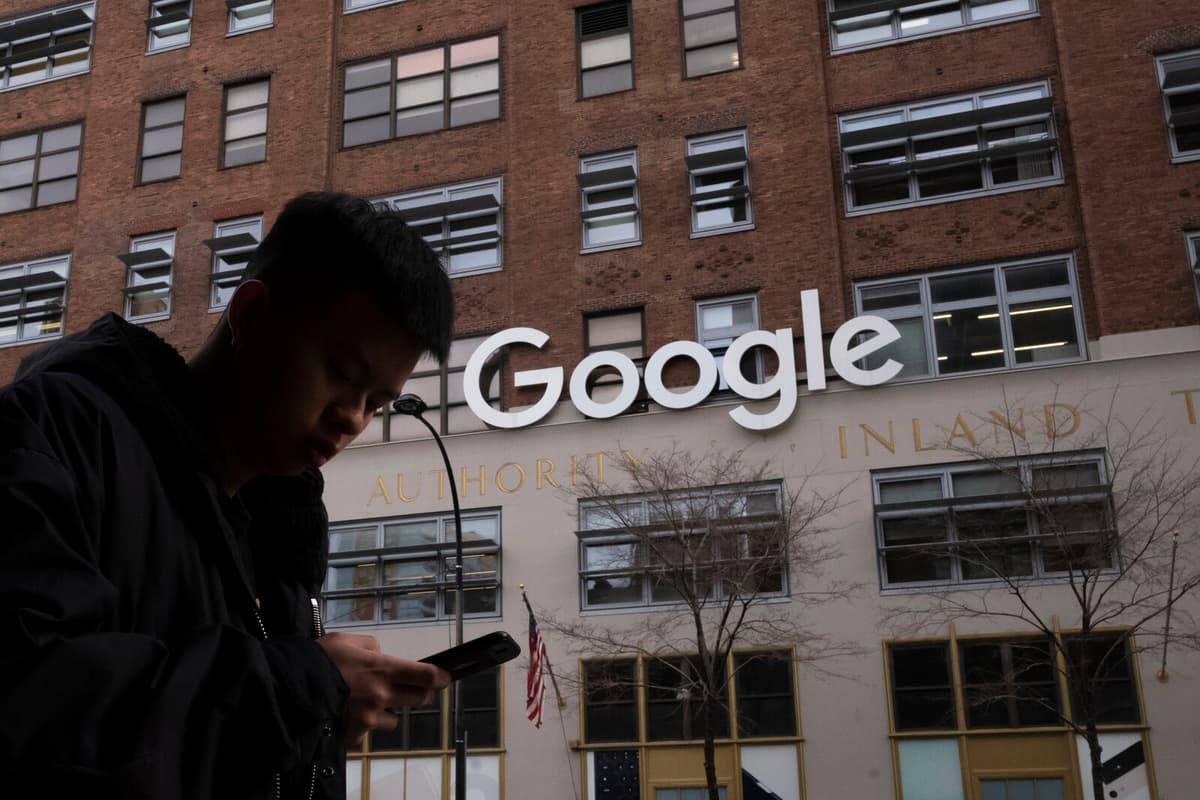The fact that technical gadgets only have a certain lifespan is a fact. Over time, the batteries that power, among other things, phones become worse. At the same time, there has been a major political and international debate in recent years about how quickly technical gadgets "stop working". So-called planned obsolescence has forced several tech companies to pay fines in different countries.
Now, Google has, ahead of the launch of the upcoming phone Pixel 9a later in April, gone out on its official help forum and said that the phone will get a non-optional "battery health assistant". The same assistant will also be available to the company's other Pixel phones.
According to Google, the assistant will, after 200 charge cycles, "stabilize the battery's performance". A charge cycle is, simplified, when the battery is discharged and then recharged to 100% again.
Google writes that users may notice "small deteriorations" and "minor changes" when it comes to the battery's lifespan and charging time as the battery ages.
In a statement to the site 9to5google, Google says that this is being done to "extend the usability of devices".
Earlier this year, Google got into trouble after forcing users of the older Pixel 4a phone to install an update that significantly worsened the phone's battery life. Google itself pointed to "security reasons", but did not specify in detail why the update was made. Shortly afterwards, however, the Australian Consumer Authority went out and urged people to return their Pixel 4a because the battery risked overheating.






